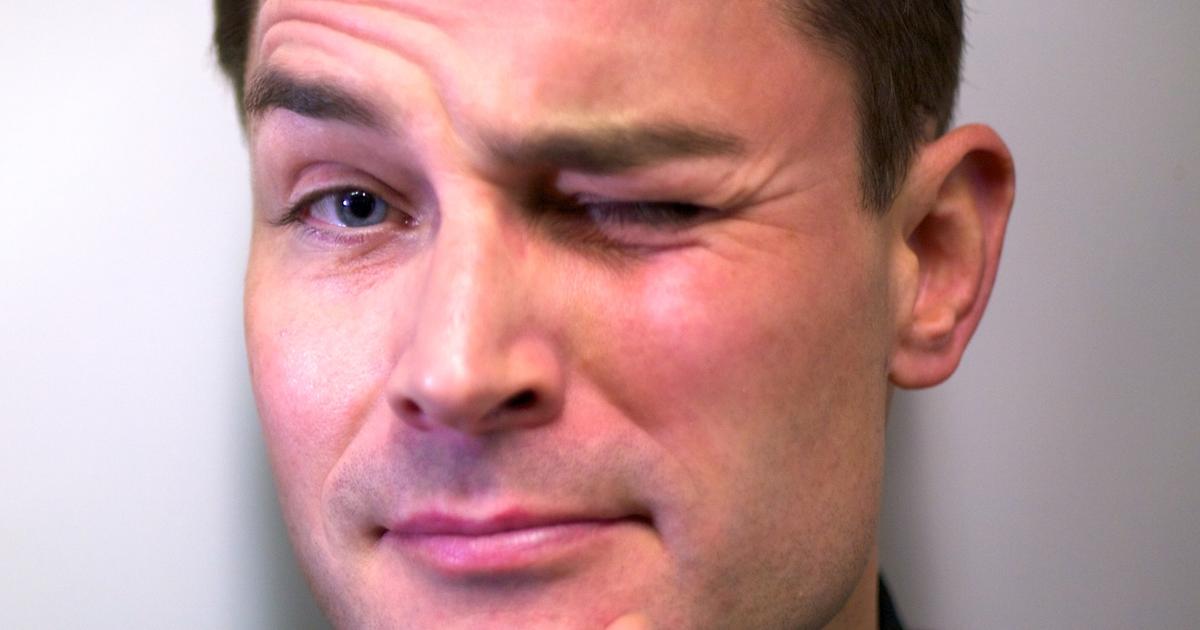Common Signs You May Need Glasses
Closing One Eye to Read

If you have to close one eye to read, it might be a sign of convergence insufficiency. This condition occurs when it's difficult for the eyes to work together at a close range. When you're looking at a screen or reading material close to the face, one eye might drift outward rather than focusing. This leads to a blurred image that improves when you close one eye. Even if the image doesn't look actively blurry, it might cause eye strain that improves when you angle your head or cover one eye. Some patients with convergence insufficiency might not notice the issue because their brain automatically discards the input from the drifting eye. Untreated convergence insufficiency can sometimes lead to permanent turning outward of one of the eyes, which is commonly referred to as a wall eye. School screenings and basic eye exams aren't adequate for detecting convergence insufficiency. Prism glasses and vision therapy are two of the main treatments. While prism glasses won't correct the problem, they can often decrease symptoms.
Keep reading to learn more about the warning signs indicating you may need to wear glasses now.
Trouble Adjusting To Different Lights

You may need to wear glasses if you have significant trouble adjusting to different lights. Adjusting to light can only happen if your pupils can react properly to different light sources. The faster your pupils react, the faster your eyes will adjust to the new light. Some individuals struggle to adjust to dark environments, while others might struggle to adjust to brighter light. Dry eyes might also cause an increased sensitivity to light and eye fatigue. The surface of the eye needs to be lubricated by tears, and too much dryness can lead to the death of corneal cells and exposure of the corneal nerves. Some individuals who experience light sensitivity might benefit from using polarized sunglasses that filter out glare. Other conditions that induce light sensitivity include anatomical malformations in the eye and retinal dystrophy issues. If a reason for your light sensitivity isn't diagnosed through a basic eye exam, see an ophthalmologist.
